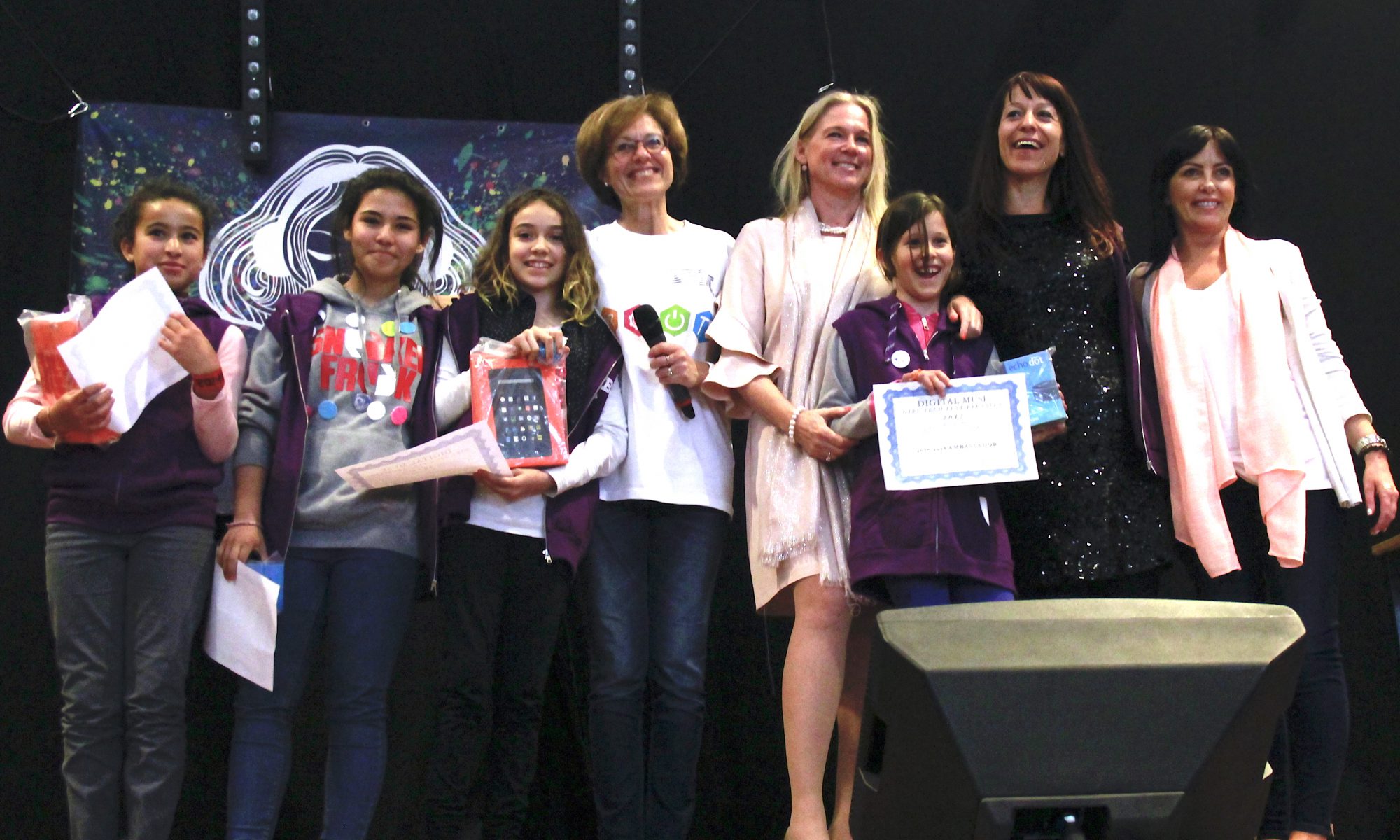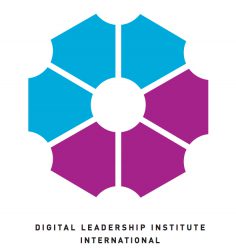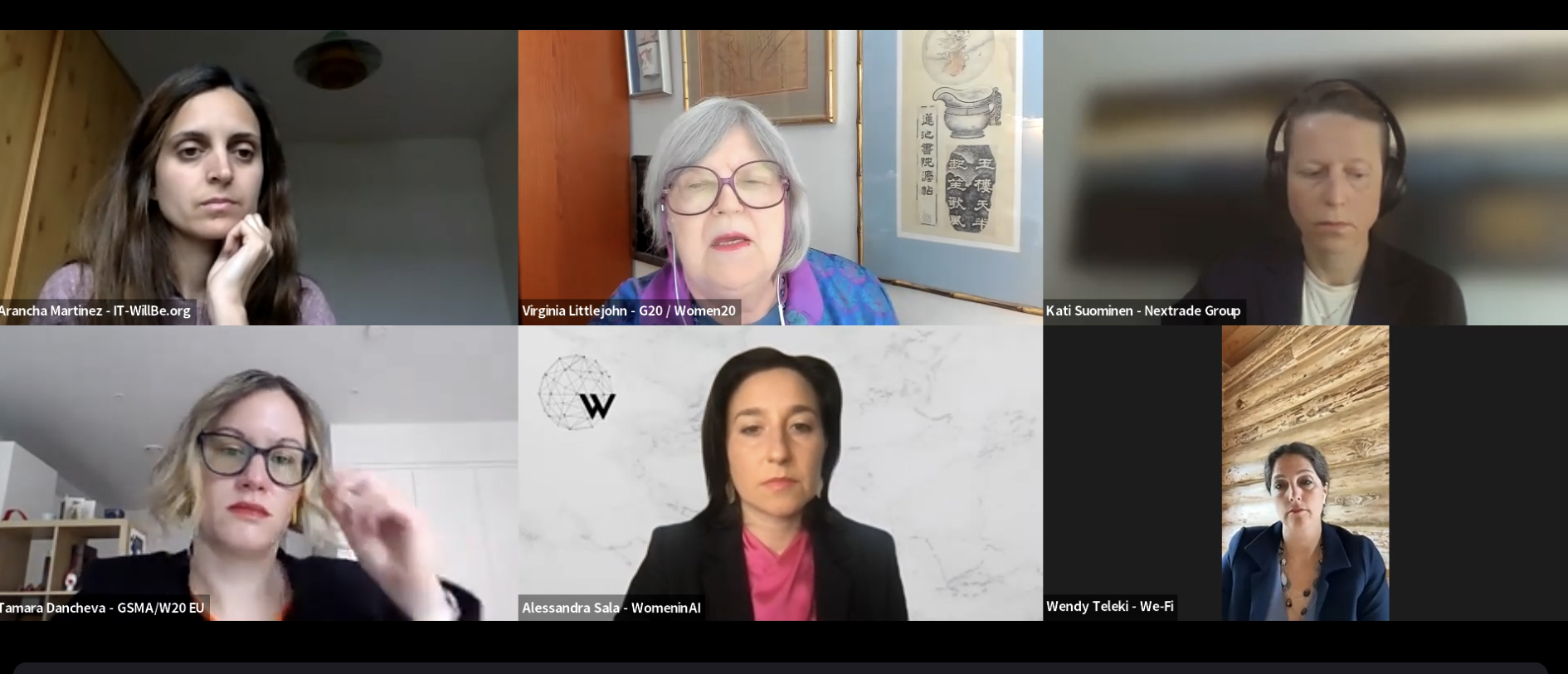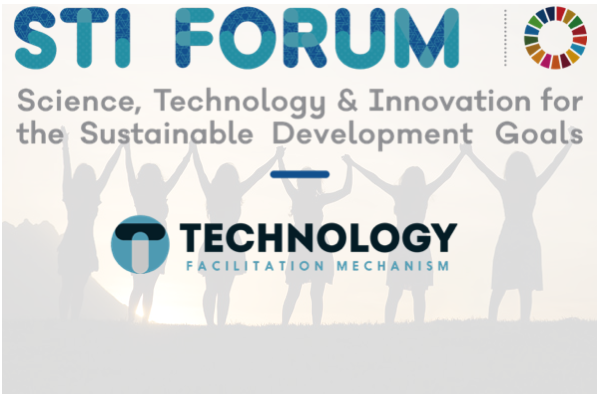On 5 May 2022 online, the Brussels-based Digital Leadership Institute and EU Women20 Delegation to the G20 jointly organized an official side-event of the UN Science, Technology and Innovation Forum on the SDGs (“STI Forum”), on the topic of “Digital Equity for Women’s Economic Agency.” The event addressed the intersecting priorities of closing the gender digital divide and promoting women’s financial independence as economic actors—namely as entrepreneurs, experts and leaders in critical STEM sectors, especially Technology—as an explicit objective of international development policy and as the surest path to achieving the Sustainable Development Goals.
Key recommendations gleaned from the gathering include the following:
- Prioritize development funding and programs with an explicit focus on closing the digital gender divide — i.e. through digital skills programs and actions to increase access to and use of technology and infrastructure, for girl and women beneficiaries;
- Prioritize development funding and programs with an explicit focus on increasing women’s economic agency through technology, e.g. by supporting women as entrepreneurs in tech-driven and tech-enabled startup, and through paid apprenticeship programs with job placement for women in emerging technology fields such as AI, cybersecurity, big data, machine learning, etc.;
- Increase capacity-building for the fore-mentioned activities by supporting best practice-sharing, networking building and by promoting opportunities to replicate and scale successful regional programs tackling “digital equity and women’s economic agency” in all directions and across global geographies (North-South, South-North, North-North, South-South);
- Increase structural support and promote a healthy ecosystem that supports women as independent economic actors by addressing underlying inequities women face as entrepreneurs and as leaders in digital fields, including by: i) setting ambitious gender-specific development program goals for reach, participation and program success; ii) collecting and sharing gender- and sex-disaggregated program data; iii) ear-marking development funds with the specific mission to close the gender digital gap for women’s economic empowerment;
- Take concrete action to ensure women’s equal access to and use of: i) Digital/ICT training programs and related resources, including acceleration, incubation and (IT) leadership-training programs; ii) entrepreneurship finance and investment, especially venture capital, and other resources (mentorship, coaching, financial literacy); and iii) distribution channels and supply chains, including for international trade and e-commerce, with specific targets for women’s equal participation in public sector procurement;
- Build and deploy programs that specifically focus on increasing technology leadership–as entrepreneurs, experts and leaders–by mature women, women in transition, migrant women and women living in rural areas.
Panel interventions reflected a broad and ambitious spectrum of key voices promoting Digital Equity and Women’s Economic Agency from around the world, including:
- Gabriela Ramos, Assistant Director General for Social and Human Services, UNESCO (video message)
- Virginia Littlejohn, Co-head of US Delegation to the G20/Women20 & Global Coordinator, W20 Women Entrepreneurs Act Initiative (WE Act)
- Veronica Beneitez Piñero, Deputy Head of Unit, European Innovation Council and SMEs Executive Agency (EISMEA)
- Alessandra Sala, Senior Director of Artificial Intelligence and Data Science at Shutterstock & President, Women in AI
- Arancha Martinez, EU Women Innovator of the Year 2020, Founder, IT-WillBe.org
- Wendy Teleki, Head, Women Entrepreneurs Finance Initiative (We-Fi)
- Kati Suominen, Founder and CEO, Nextrade Group
- Katharina Miller, President, European Women Lawyers Association & Co-head of EU Delegation to the G20/Women20
- Tamara Dancheva, Senior Manager, International Relations at GSMA & EU Delegate to the G20/Women20
The Digital Equity event was streamed live on the STI Forum platform and DLI YouTube channel, and joined remotely by virtual participants. It took the form of a panel discussion moderated by Cheryl Miller, DLI Director and Co-head of EU G20 Women20 Delegation, with support from Loredana Bucseneanu, DLI Development Director, and key G20 Women20 partners including: Katharina Miller, Co-head of EU Delegation; Tamara Dancheva, EU Delegate; and Virginia Littlejohn, Co-head of US Delegation.
A video of the event is available here (Passcode: FaPH3Yf), and inquiries about this and future events may be directed to DLI.




